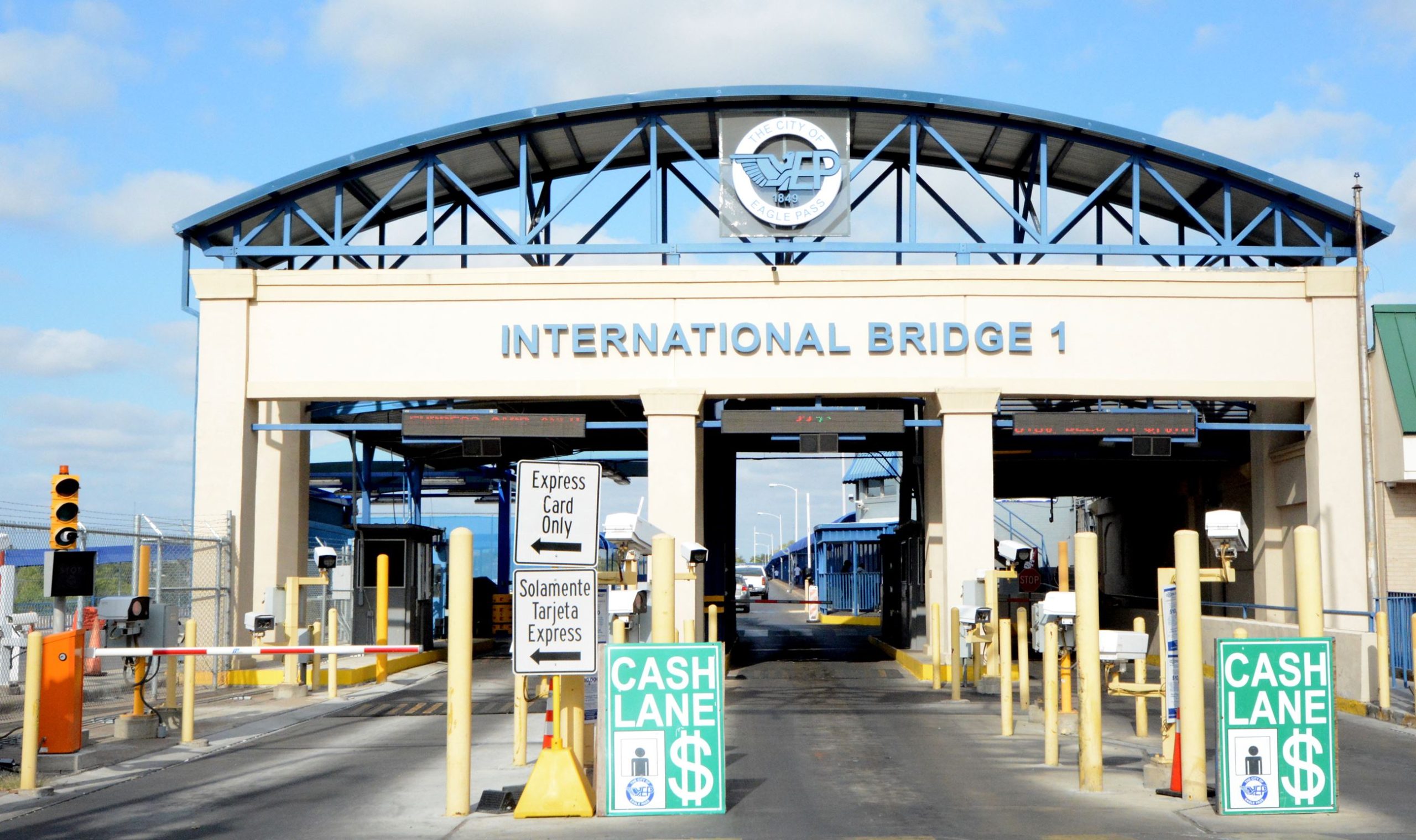Border Closure Warned in Eagle Pass

TEXAS – Customs and Border Protection (CBP) at the Eagle Pass Port of Entry announced the temporary interruption of vehicular traffic on the Camino Real International Bridge beginning November 12, starting at 1:00 p.m.
According to CBP information, the bridge will remain closed until 7:00 a.m. on November 13, so users were asked to take the situation into consideration when scheduling their trips.
“I strongly urge the traveling public to plan ahead and cross earlier, or later, to avoid unnecessary delays,” said Acting Port Director Elizabeth Garduno, Eagle Pass Port of Entry.
On Saturday, November 12, at approximately 1:00 p.m., CBP will temporarily suspend processing of all northbound vehicular, pedestrian, commercial bus and commercial trailer traffic on the Camino Real International Bridge to allow for the safe demolition of a pedestrian bridge that crossed over the northbound and southbound lanes in Piedras Negras, Coahuila.
Northbound traffic is expected to resume normal operations beginning at 7:00 a.m. on November 13. Southbound traffic will also be stopped from 11:00 p.m. to 12:00 a.m. on Saturday, November 12.
Likewise, vehicular traffic will resume from 12:00 a.m. on Sunday, November 13, with possible intermittent traffic flow until the demolition is completed. The Camino Real International Bridge will only be able to accommodate emergency vehicles during the closure.
CBP encouraged the traveling public to make arrangements to cross before 1 p.m. on Saturday, Nov. 12 if they plan to use the Camino Real International Bridge as a route. As an alternate border crossing, International Bridge I will have extended hours of operation and will remain open after 11:00 p.m. on November 12 until 7:00 a.m. on November 13 and then resume a normal schedule to accommodate vehicular and pedestrian traffic.
In addition, CBP requested operators, dispatchers of all commercial buses and commercial trailers to make prior arrangements or use alternate ports of entry because of the International Bridge I.
Also, the traveling public was reminded of the importance of obtaining and using their radio frequency identification (RFID)-equipped travel documents and having them on hand when crossing.
